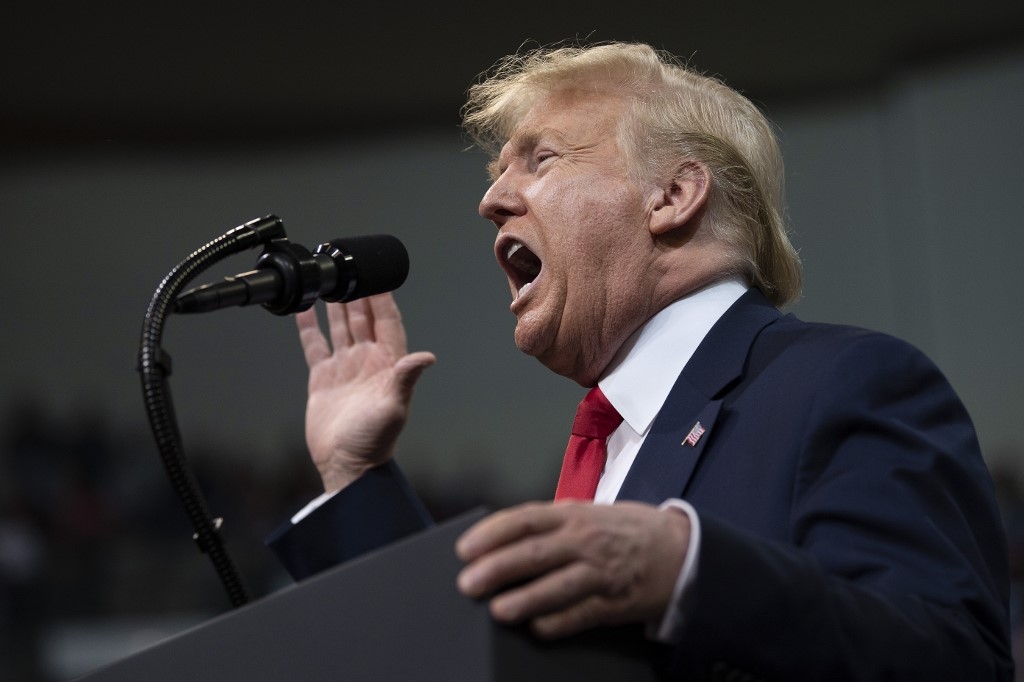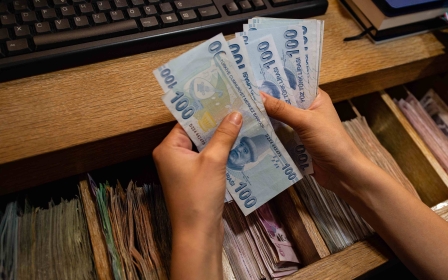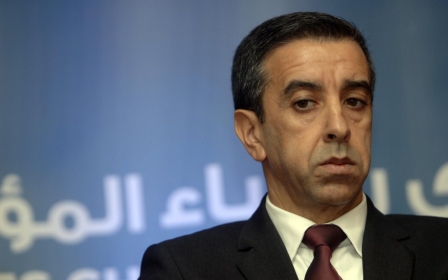Six takeaways from Trump's tax return report

A New York Times report which claims that US President Donald Trump paid only $750 in federal income tax the year he entered the White House - and no income tax at all in 11 of the 18 years that the newspaper reviewed - has cast doubts on his image as a successful businessman and called into question his dealings with foreign governments.
The report comes just weeks before Trump's re-election bid and serves to intensify the spotlight on Trump the businessman - an identity that he has spent decades cultivating and that helped him capture the presidency four years ago in his first run for political office.
Since entering the White House, Trump has broken with the tradition set by his predecessors by not only refusing to release his tax returns but by waging a legal battle to keep them hidden. The Times report suggests why that might have been so. It reported that many of Trump’s top businesses are losing money, even as those losses have helped him shrink his federal tax bill to essentially nothing.
The president has vehemently denied the report and Tweeted on Monday that he paid "many millions of dollars in taxes" but was entitled to depreciation and tax credits. He also said he was under-leveraged, meaning he has more assets than debt.
Here are six takeaways from the Times' reporting:
Trump paid just $750 in taxes in both 2016 and 2017
The Times said Trump initially paid $95m in taxes over the 18 years it studied, but he managed to recover most of that money by claiming - and receiving - a $72.9m federal tax refund. According to the Times, Trump also pocketed $21.2m in state and local refunds, which are typically based on federal filings.
As a result of the refund, Trump paid an average of $1.4m in federal taxes from 2000 to 2017, the Times reported. By contrast, the average US taxpayer in the top .001 percent of earners paid about $25m annually over the same time period.
Many of his businesses are money-losers
The president has frequently pointed to his far-flung hotels, golf courses and resorts as evidence of his success as a developer and businessman - yet these properties have been been draining money.
The Times reported that Trump has claimed $315m in losses since 2000 on his golf courses, including the Trump National Doral Miami, which Trump has portrayed as the crown jewel in his business empire. Likewise, his Trump International Hotel in Washington has lost $55m, the Times reported.
$73m in foreign income in first two years as president
During his first two years in office, Trump's revenue from abroad totalled $73m, according to the Times.
Most of the income came from golf courses in Scotland and Ireland, but some of it came from licensing deals, including $3m from the Philippines, $2.3m from India, and $1m from Turkey.
The report said that Trump's assets "have become bazaars for collecting money directly from lobbyists, foreign officials and others seeking face time, access or favor".
Trump has been writing off mysterious 'consulting fees' on foreign income
In the records reviewed by the American newspaper, the US president had written off around $26m in unexplained "consulting fees" as a business expense. But the Times says there is no evidence that link Trump to the deals that were described.
Trump collected $5m on a hotel deal in Azerbaijan and reported $1.1m in consulting fees, while in Dubai it was a $630,000 fee for a $3m deal.
The tax records obtained by the Times also showed $2m in consulting fees over a seven year period for the deal to build the Trump Towers in Istanbul, Turkey. But a person directly involved in developing the two Trump towers "expressed bafflement" when asked about consultants, saying there was no sign of a consultant in Turkey paid by the Trump Organisation.
The Trump Towers deal in Turkey also raised a different issue, as the documents revealed that Trump earned at least $13m from it, a number far greater than previously known.
He even received $1m from it during his first year at the White House.
Trump financed an extravagant lifestyle with business expenses
From his homes, his aircraft and $70,000 on hair styling during his television show "The Apprentice," Trump has capitalised on costs incurred from his businesses to finance a luxurious lifestyle.
The Times noted that Trump's homes, planes and golf courses are part of the Trump family business and, as such, Trump classified them as business expenses as well. Because companies can write off business expenses as deductions, all such expenses have helped reduce Trump's tax liability.
Trump will face financial pressure as debts come due
Trump seems sure to face heavy financial pressures from the enormous pile of debt he has absorbed.
The Times said the president appears to be responsible for $421m in loans, most of which will come due within four years. On top of that, a $100m mortgage on Trump Tower in New York will come due in 2022
Middle East Eye propose une couverture et une analyse indépendantes et incomparables du Moyen-Orient, de l’Afrique du Nord et d’autres régions du monde. Pour en savoir plus sur la reprise de ce contenu et les frais qui s’appliquent, veuillez remplir ce formulaire [en anglais]. Pour en savoir plus sur MEE, cliquez ici [en anglais].




